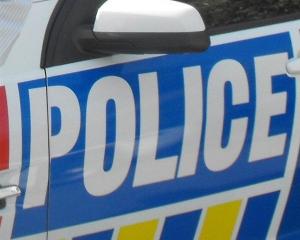A Dunedin student has avoided a criminal conviction for his part in obtaining ecstasy for a friend to sell - but gained a presence on the internet.
The story of 18-year-old Avani Maan's admission of procuring ecstasy "went viral" after a front-page report in the Otago Daily Times last month, counsel John Westgate told the Dunedin District Court yesterday.
Maan's name now came up on Google and would "be there forever", Mr Westgate said.
He was asking for a discharge without conviction for the student, who concocted a plan with an Auckland associate.
The pills were mailed from the Netherlands to Maan's address.
He was then to forward them to his associate. But the three envelopes, containing 165 pills, were intercepted at Auckland International Airport's mail centre. They were sent on to Maan, who was interviewed by Dunedin police.
He admitted his involvement and said he was going to use the money he received for providing the mailing address to fund a scholarship to the University of British Columbia, Canada. The consequences of Maan's actions had already been "huge", Mr Westgate said. He had probably lost the scholarship opportunity, even if discharged without conviction. He was also facing possible suspension from the University of Otago.
Maan had also featured in university student magazine Critic, on The New Zealand Herald website and on the internet.
The defendant had co-operated fully with the police, Mr Westgate said. His associate had not been interviewed. Apparently, Auckland police had not been interested in investigating the arrival of 165 ecstasy pills. They said they dealt with kilograms at a time.
Judge Stephen Coyle described Maan's offending as "naive and opportunistic", even though it involved bringing a class B drug into New Zealand. The agreed summary of facts said Maan had "had second thoughts" aboutsending on the pills. The quantity was not large in terms of amounts usually investigated but was enough to make a reasonable amount of money, the judge said.
Maan might not have sold the pills directly but he had made his premises "a conduit".
The judge said he accepted the young man's culpability had been reflected by the fact he was charged with procuring ecstasy, not importing it.
"And it seems the consequences you have already faced are going to be far greater than any penalty imposed by court." he told Maan.
It was the defendant's first court appearance and he was genuinely remorseful for what had effectively been "an act of stupidity". A conviction would be disproportionate to the actual offending, said the judge, discharging Maan without conviction.






